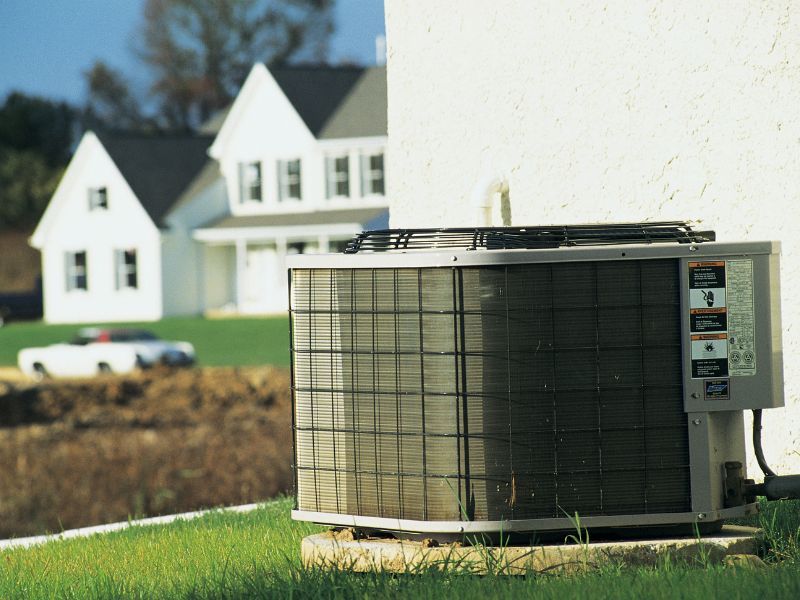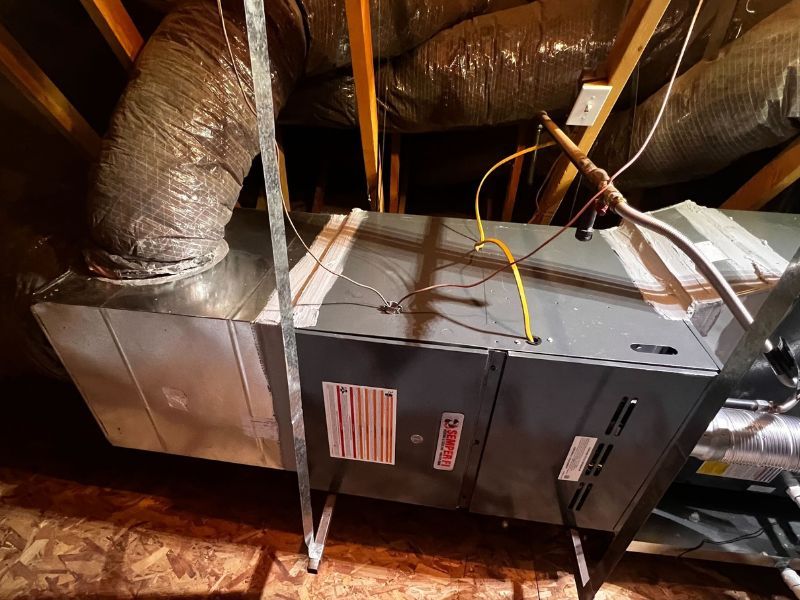What Is HSPF (Heating Seasonal Performance Factor)?
The Heating Seasonal Performance Factor (HSPF) is a measure of the heating efficiency of a heat pump. It calculates the ratio of the heat output provided by the heat pump during a heating season to the electricity consumed, helping determine the system’s efficiency.
HSPF is particularly important in assessing the performance of air-source and ductless mini-split heat pumps, helping consumers and professionals gauge the heating efficiency of these systems.
A higher HSPF rating indicates a more efficient heat pump that produces more heat per unit of electricity consumed, contributing to energy savings and improved indoor comfort during colder months.
People Also Ask About HSPF (Heating Seasonal Performance Factor)
Why is HSPF important when choosing a heat pump?
HSPF is important because it indicates how efficiently a heat pump can produce heat for your home during the heating season. A higher HSPF rating signifies a more energy-efficient heat pump, leading to lower energy bills and enhanced comfort.
How is HSPF different from SEER?
While HSPF focuses on heating efficiency, the Seasonal Energy Efficiency Ratio (SEER) measures cooling efficiency. Both ratings help consumers choose energy-efficient HVAC systems based on their specific needs.
Can HSPF ratings be compared across different types of heat pumps?
Yes, HSPF ratings can be compared across different types of heat pumps, including air-source and ductless mini-split systems. However, it’s important to consider the specific heating needs of your region and your home’s characteristics when comparing ratings to make an informed decision.
HVAC System Cost & HVAC Reviews
Related Pages
Categories


